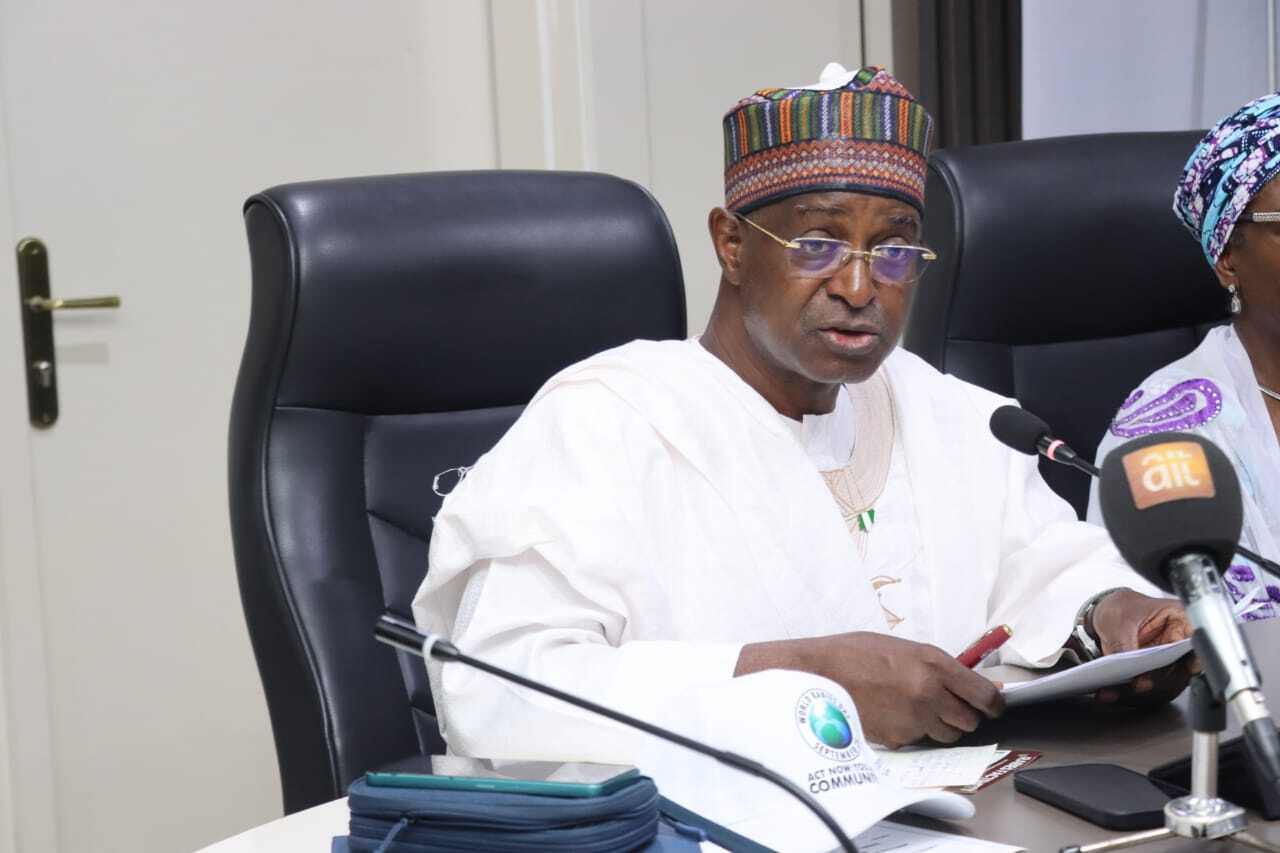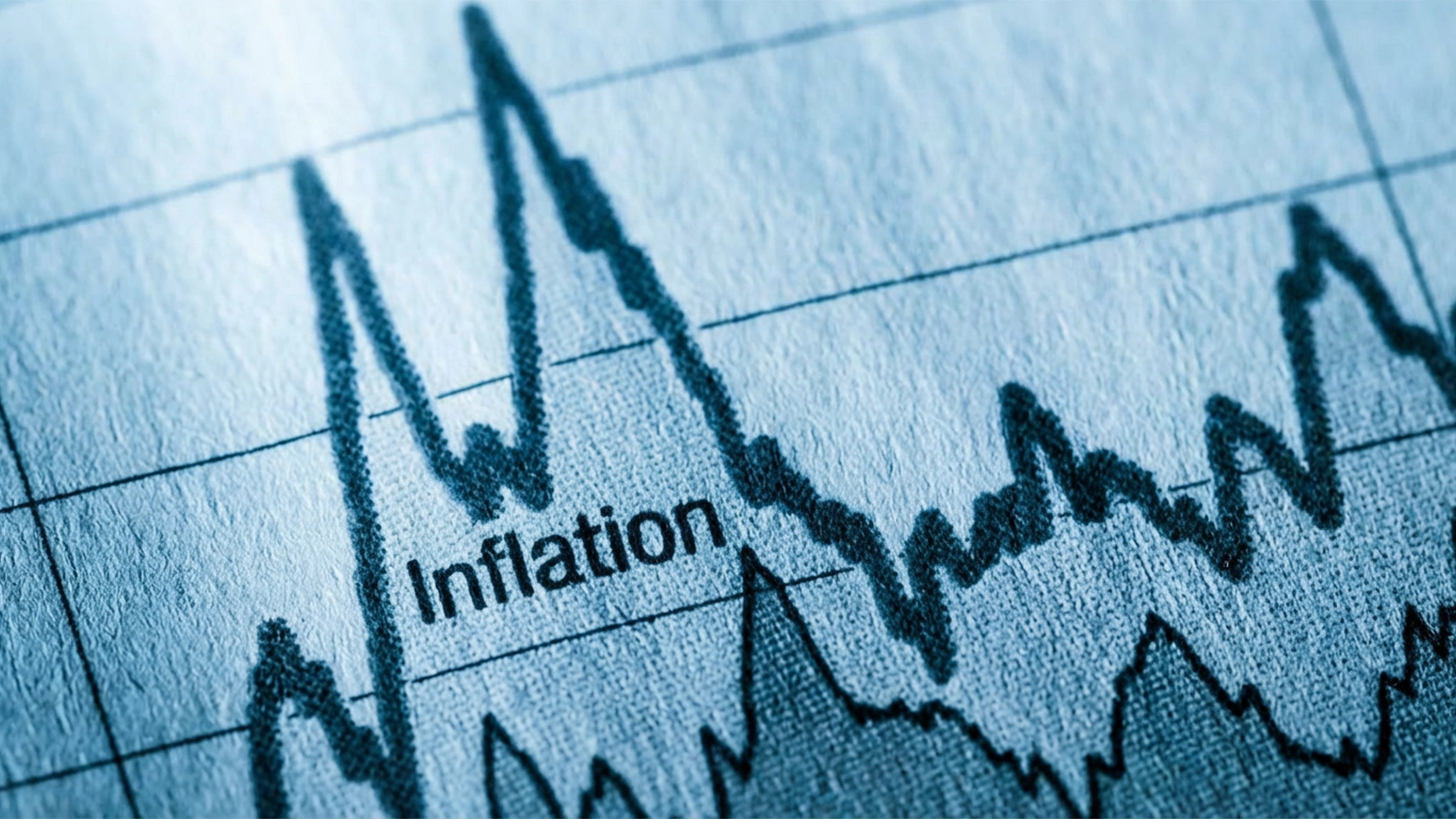
•Charges resource-rich countries to increase value addition for market control
A United Nations Conference on Trade and Development (UNCTAD) report on critical mineral trade flows in electric car batteries has revealed the huge opportunity in the value chain for Nigeria and other mineral-rich developing countries.
It, however, said the concerned countries must increase their value addition to benefit from the rising demand.As the COP28 summit unfolds, the UNCTAD report sharpens the focus on trade in critical minerals that are essential for clean energy technologies.
It examines trade flows of lithium, cobalt and graphite through global value chains for electric vehicle (EV) batteries, highlighting opportunities and challenges for mineral-rich developing countries.
President of the African Development Bank (AfDB), Dr Akinwumi Adesina, at The Guardian 40th Anniversary Public Lecture, urged African countries to increase value addition to take the driver’s seat in the evolving EV market.
Adesina noted that the continent has a golden opportunity to steer the dynamics of the market rather than waiting in the offing to jump in as mere consumers.
In a net-zero emissions scenario, demand for the minerals is expected to surge – for example, 454 per cent for lithium and 115 per cent for cobalt by 2030, the report said.
Besides, it stated that developing countries, especially in Africa, which boasts 19 per cent of global mineral reserves needed for EVs, stand to benefit from the green boom if they can process the minerals locally.
UNCTAD Secretary-General, Rebeca Grynspan, said at a COP28 event on critical minerals and the energy transition that the energy transition is an opportunity for mineral-rich countries to strengthen their emerging industries and bolster their position in global value chains.
The report’s analysis of trade dynamics in EV supply chains highlights the significant value added at each stage of processing, as the minerals are extracted and turned into batteries and other components.
It spotlights the Democratic Republic of Congo’s success in adding value to its cobalt.It stated that by locally processing and refining the mineral, the African country raised its unit price in 2022 from $5.8 per kilogram at extraction to $16.2 per kilogram after processing.
This move up the value chain resulted in the country exporting $6 billion in processed cobalt last year compared with $167 million in raw cobalt ores.
The countries historically reliant on raw material exports, like the Democratic Republic of Congo, adding value locally is vital for economic resilience.
Grynspan said it’s also essential to ensure that the soaring demand for critical minerals doesn’t further entrench these nations’ commodity dependence.
Such dependence leaves them vulnerable to market price fluctuations and global crises, such as the COVID-19 pandemic. It’s also linked to lower socioeconomic development. In 2021, 29 out of the 32 nations the UN classified as having low human development were commodity-dependent.
The UNCTAD report highlights the market concentration at various stages in EV battery value chains and the associated risks of supply disruptions, price volatility and geopolitical tensions.
Grynspan highlighted the need for more sustainable and transparent mining contracts in developing countries. Better mining contracts and exploration licences for critical minerals could help strengthen domestic industries, enabling local firms to design, procure, manufacture and supply the necessary EV battery components, she said.
Grynspan also underscored the pivotal role of global support in providing affordable and sufficient investment and access to the technologies developing countries need to add value to their critical mineral exports.






